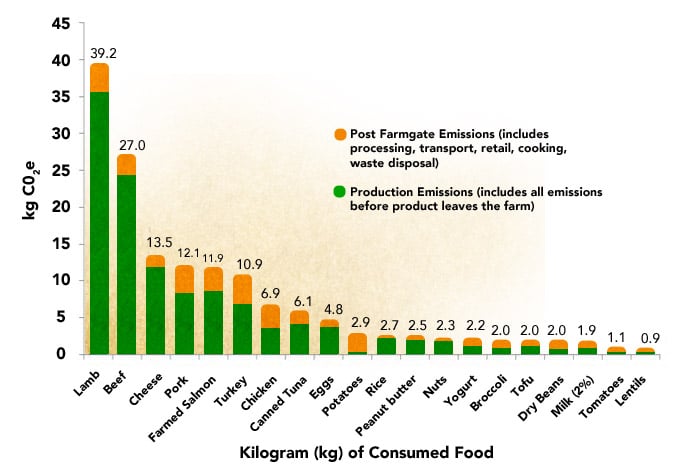Ok, so no one wanted to respond to my question in part one. That is fine. I know all of you are too ashamed to admit being terrible stewards of the environment.
I am trying today to understand why so many Christians oppose global warming, or climate change, as some sort of evil hoax. What is it about the idea that human beings are contributing to harmful changes in the atmosphere that makes certain people who believe in Jesus Christ as their Lord who saves them from eternal damnation so upset?
I found this website, entitled "Free Sunday School Lessons" with an entry called "
Global Warming: More Than a Hoax." It is kind of great, mostly because it is rather long and dense and boring for Sunday school (If I remember Sunday school, we sang songs about Father Abraham, made macaroni Jesus fish, and awkwardly went through puberty together in a sexually repressive environment). I'll save you the trouble of looking through the whole thing, though I recommend it, and leave you with a few choice excerpts:
"There is an underlying need in sinful human nature to be able to predict the future. It used to be that false prophets were dealt with severely. Today, they win the Nobel Peace prize."
"God made it clear to Job that it is arrogance to believe that man can control the climate."
"What the Bible says:
Genesis 8:22: 'As long as the earth endures, seedtime and harvest, cold and heat, summer and winter, day and night will never cease.'”
"These people believe “anything.” They do not discern, but believe every word anybody speaks.
On the contrary, we are to be prudent, sensible people."
" Take this global warming issue as an opportunity to spread the Gospel."
"It is a battle between faith in science or the Bible. Like many doomsday prophecies, there are underlying motivations. We have identified two—politics and money."
I will stop here for now, but there is definitely something that motivates this anti-global warming faction (this being one example). I have identified two - the need to hold onto biblical inerrancy, and a hatred of anything championed by secular humanists and hairy people (I also have a suspicion that is has something to do with a love for
Kirk Cameron, but I can't prove that).
-Tim

